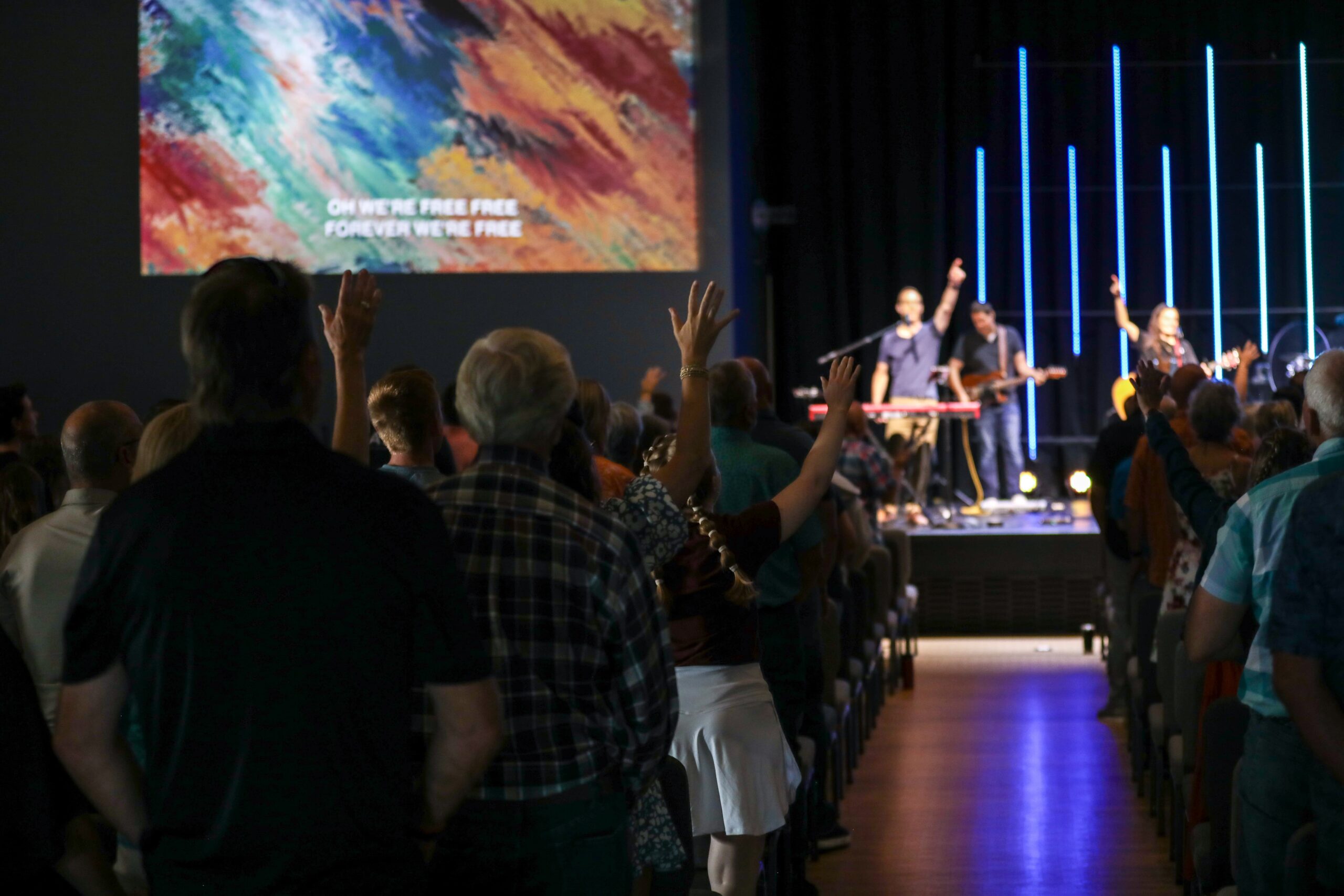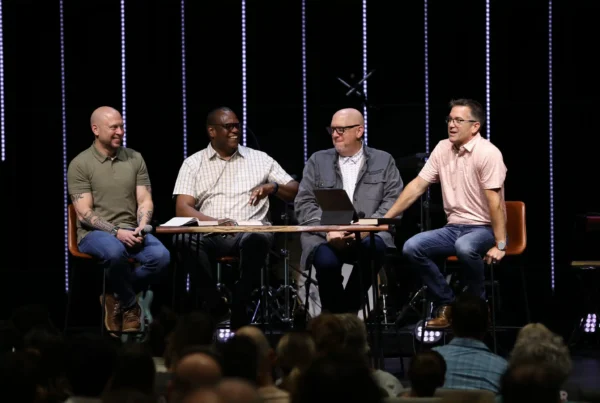Whether we recognize it or not, every one of us worships someone or something. The things that motivate and drive us are often the very things we place at the center of our lives. Consider what brings a smile to our faces—whether it’s God’s creation, cars, relationships, or a multitude of other things. While all of these are good, they can easily take the place of God in our hearts. As Christians, we constantly face the temptation to find fulfillment in things other than God. So, what does the Bible say about true worship—the kind that glorifies God?
Biblical Worship is an act of obedience
In the garden, God gave Adam and Eve the grounds for worship—to work and keep the earth (Genesis 2:15). This command was God’s way of giving mankind purpose, and in their fulfillment, would bring Him ultimate glory. Adam and Eve’s responsibility was to be ministers of the earth, doing the work of the Lord. Worship from the beginning was an act of obedience, placing mankind in their rightful place as created beings passionately responding to their creator. Essentially, at the root of pure and undefiled worship is heartfelt obedience.
Biblical Worship is written into our DNA
The first command of God was a command of worship through obedience that would bring Him glory. We were created to depend on Him. The tree of the knowledge of good and evil is proof that our limited knowledge was purposeful—we didn’t need to know everything because we had a good Creator who completely satisfied our desires. Our submission to depend on God for life was our act of worship!
And yet, our natural bend to bring glory to God has been distorted by sin. We no longer find satisfaction in the undivided worship of God and instead turn our focus to other pleasures in life that we hope will satisfy. In doing so, what we worship shapes our hearts, reinforcing our affections and values as we reflect and give praise to its object. When we praise and worship something other than God, we make a practice of rebelling against the only perfect God who is worthy of our affection. There will never be a moment when we stop worshiping something.
Biblical worship is a response to our Creator and Lord
Biblical worship is a response to the glory of our Creator. Isaiah responded “Woe is me!” as he laid eyes on the Lord (Isaiah 6:5). John fell to his face at the sight of the glorified Son of Man and lay as though dead (Revelation 1:17). Authentic worship is a correct recognition and response of the holiness of God. The presence of God should move us in such a way that worship becomes our natural response to Him! There will never be a moment in heaven where God’s created beings pause in their worship of Him. There will never be a moment where we become distracted in our praise of Him. There will never be a moment where our response in worship is anything less than wholehearted, undivided, authentic praise. The holiness of God should bring us to worship.
Biblical worship is a sacrifice
Biblical worship is sacrificial and costly. Romans 12:1 instructs us to present our entire bodies as living sacrifices to God because it is our spiritual act of worship. We cannot bring glory and honor to God while simultaneously holding the reins to our lives. It is in our utter dependence upon God that we bring Him the glory He deserves.
Worship is costly. It is easy to give from abundance, but less so sacrificially. In 2 Samuel 24, David is instructed by the Lord to build an altar on a plot of land that he did not own. When David was presented with the land and oxen free of charge, he denied it, saying, “I insist on buying it, for I will not present burnt offerings to the Lord my God that have cost me nothing.” (2 Samuel 24:24). How often do we worship from a place of convenience, giving “leftovers” instead of giving sacrificially from the heart?
Biblical worship is expressed both corporately and personally
If the church exists to worship God, then we gather to rehearse the gospel. We gather as one body, united by Christ, to offer up praise together through the reading of His word, through prayer, through partaking in the Lord’s Supper, through singing, through instruction, and through the fellowship of believers. Hebrews 10 encourages us to not give up meeting together but to encourage one another in truth. We gather together to worship together, and to spur one another on to worship the Lord. Our scattered personal worship is brought and combined with others as a gathered body of believers.
So, we worship—denying the sinful distractions of this broken world and crying out, “Less of me, and more of You, God!” When we recognize our total dependence on Him, our praise aligns with the heart of biblical worship.



